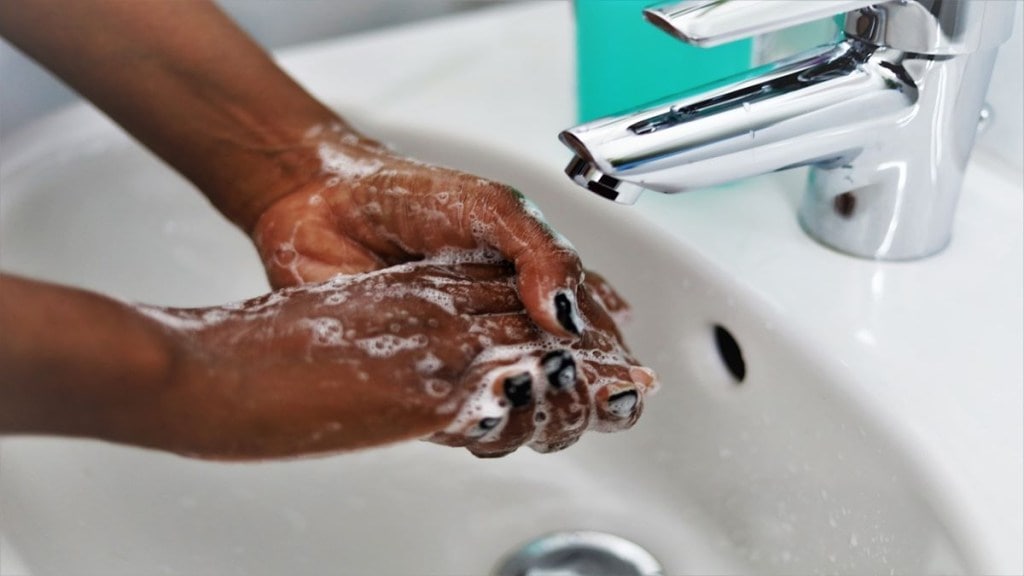We often share soap with our partner or family while assuming that it’s safe. Well, it’s not. According to experts, soaps are not self-cleaning. Several studies point out that bacteria stick around after washing up with soap. Ever wondered, why there are no soaps in public toilets? Well, that’s because they can harbour germs.
A 2015 study conducted in a hospital setting revealed that about 62 percent of bar soaps were contaminated. Experts point out that bacteria on soap can spread from person-to-person if it is shared from one person to another.
Studies suggest germs on a soap can include E. coli, salmonella, and shigella bacteria, as well as viruses like norovirus and rotavirus and staph.
Moreover, some germs can spread by getting into wounds or scratches on the skin, while others are spread from feces.
A 2008 study on the University of Florida football players revealed that those who shared soap were more likely to have recurring infections of Methicillin-resistant Staphylococcus aureus (MRSA), an antibiotic-resistant staph infection.
It is noteworthy that due to this infection the US CDC also recommends not sharing personal items like soap bars.
Here’s how you can keep yourself safe:
- Rinse off the bar of soap after use.
- Lather up for 20 to 30 seconds.
- Make sure the bar is able to air out, preferably with a draining soap dish.
- Choose a disposable liquid hand soap or liquid body wash
According to the Centers for Disease Control and Prevention (CDC), if it’s your hands you’re washing, then remember that hand-washing is one of the best defenses when it comes to transmission of disease.







